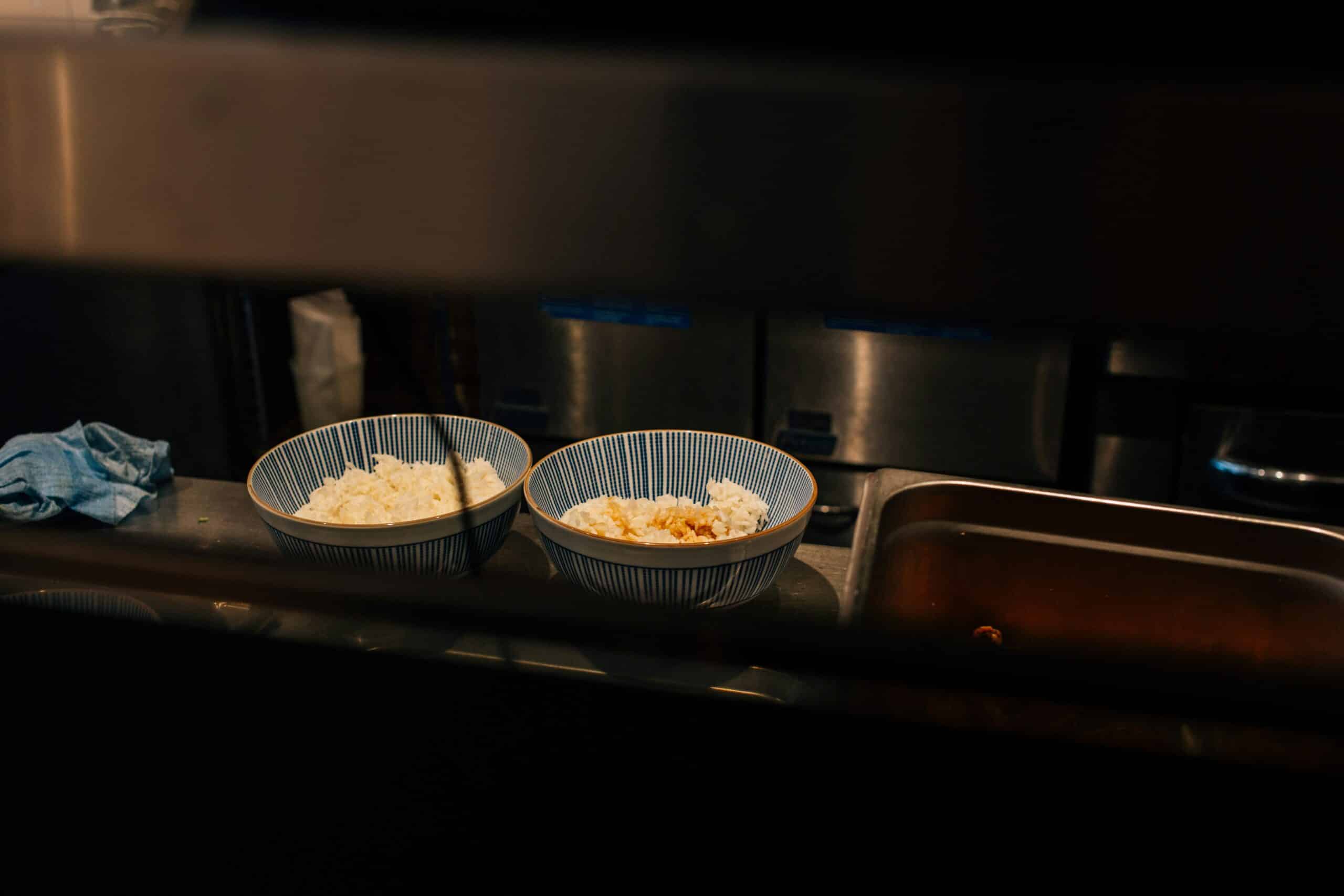Fr. Johnny Go has a rare gift for making you understand and apply the teachings of the Church to daily life.
He is the former president of Xavier School and is now director of the Ateneo de Manila Institute for the Science and Art of Learning and Teaching. He teaches at Ateneo de Manila University and University of the Philippines.
To mark Lent, he answered questions about fasting and abstinence. He suggested that we call this piece “Fasting on fast food—where fast food means eating fast, literally.”
He said: “Buddhists believe that not eating meat is good for the soul. Jews and Muslims believe that we shouldn’t eat pork, etc… For Christians, it’s not so much what we eat, but how we eat that matters.
“St. Ignatius of Loyola, the founder of the Jesuit order, suggests that, during a retreat, we should not wolf down our food. Rather, we should eat slowly, deliberately, even prayerfully (today, we would say, mindfully). Savor the food before swallowing it, be aware of where the food came from and be grateful for the opportunity to be nourished, knowing fully well that even to this day, people still die of starvation.”
Food and spirituality
Father Go pointed out: “It’s no coincidence that when our Lord was looking around for a way to stay with us, He chose food—bread and wine.
“That’s why He gave us the Eucharist. We receive the Lord as food, and He nourishes our souls in this way.
“Hunger is a basic human experience, physical but also spiritual. Hunger reminds us that we lack something. So, food plays a very important role in spirituality, not only as a fundamental—or root—metaphor, but also as a means to appreciate that we lack God, that we can’t exist without Him, and that we must hunger for Him.
“True spirituality cannot begin without a sense of a hunger for God.”
How is fasting and abstinence still relevant in modern times?
“Fasting and abstinence sound like really old-fashioned ideas these days, even among Catholics,” said Father Go.
“But there’s a lot of wisdom in this ancient Catholic practice for Lent. Fasting and abstinence strip us of our sense of self-entitlement and reminds us of something we often forget these days: That we need God, that we are dependent on Him, that we cannot exist and just go about our ways doing whatever we please without offering thought or thanks to Him.
“The experience of hunger that is not quickly sated is a good reminder of our creaturehood.”
Father Go admitted: “The Church has relaxed the rules for fasting. Now, believers belonging to the proper age group are obliged to fast only on Ash Wednesday and Good Friday.
“For all the other Fridays of Lent, we are merely encouraged to fast and abstain. If we can’t—or if we prefer it—we can substitute fasting and abstinence with making a more meaningful sacrifice.”

‘Positive sacrifice’
“This is the case,” said Father Go, “because some people actually prefer seafood to meat. So, for them, substituting meat with fish isn’t exactly a sacrifice. In such cases, they are encouraged to think of a more meaningful sacrifice—i.e., either skipping a meal or doing something that will take more effort, maybe entail some inconvenience, if not pain, and/or will actually help someone.
“For example, instead of fasting from food, you fast from gossiping, if that’s something you often fall into. Or you actually decide to help someone you don’t like! The latter would be an example of what is called a ‘positive sacrifice,’ where you do something good for someone whose company you may not enjoy—compared to a ‘negative’ one, where you deprive yourself of food.”
Father Go continued: “Also, when we fast, we discipline our will. Especially these days when we’re so used to instant gratification—if we want something, we want to get it immediately. If we feel a need or a hunger, we want it satisfied ASAP.
“This is all great, but sometimes we end up becoming less patient and tolerant of things when they’re not going our way, or worse, we begin to believe that we deserve to get whatever we want whenever we want it.”
Father Go reiterated: “Fasting and abstinence remind us that the world has not been designed around us, and it hasn’t been created to serve our every need or whim.
“Fasting and abstinence can remind us that whatever we do, whatever we feed ourselves, we will always have a basic hunger for God that nothing or no one in this world can fill. Hopefully, realizing that will help us focus our attention on God more.”
Slow down
More insights from Father Go:
“Holy Week is an opportune time to slow down and create a much-needed space for the Lord. We often don’t reserve this space for Him and for our soul because we’re busy during the year.
“Christmas isn’t exactly a good time either, because we all know how busy and stressful Christmas can get.
“So, take advantage of the spaces in your life opened up by Holy Week. It’s a time when things slow down, work stops and we can catch our breath.”
Father Go suggested: “Try going through a digital detox, if you think you need one. It’s the best time to do it. Try to attend the talks given in the different churches, make sure to attend the liturgies, or do the Visita Iglesia and Stations of the Cross. All these are means for us to connect not only with the mystery of Holy Week, but also into the deeper self that we end up disconnecting with in our busy lives.”
And then Father Go said: “Easter is the most important celebration in the Christian world, so, just for one day—forget that ketogenic diet and feast on carbs and sweets!”
For his online retreat,
visit Fr. Johnny Go’s blog:
pinsoflight.net














































